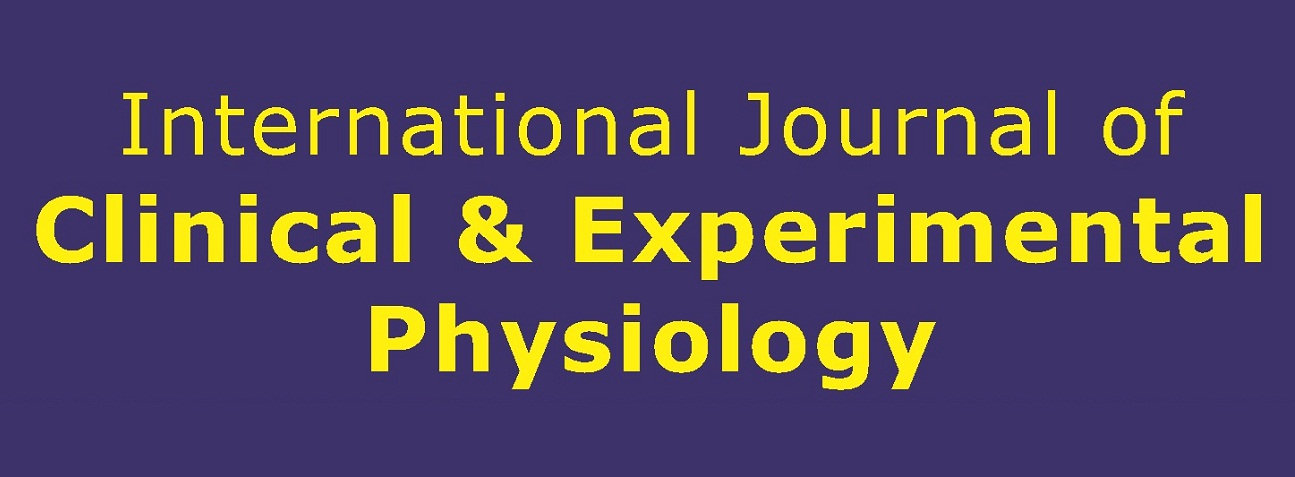Effect of Ijin Granules on Nausea and Vomiting Symptoms in Pregnant Women with Hyperemesis Gravidarum
Abstract
Background and Aim: Hyperemesis Gravidarum (HG) is a common early pregnancy syndrome that usually occurs around 4 to 5 weeks of gestation, which is initiated with sour throw-up from the empty stomach in the morning, disgusting to smell, change of appetite and exacerbated with severe nausea, frequent vomiting and inability to eat, which gives side effects on quality of life and health of the pregnant woman. Generally, GH causes malnuturition and dehydration, if it is not treated in time, some complications such as Wernick’s encephalopathy and low-weight neonate birth can be caused. Now antiemetics involving antihistamine, phenothiazine, Vitamin B6, metoclopramide and ondansetrone are used for HG and steroids are recommended for the last choice but they are limited in use from the fear that chemical medicine is a risk to pregnancy. To identify the effectiveness of traditional medicine, Ijin Granules on PUQE score and the change of intake in pregnant women with hyperemesis granvidarum who complaints of severe nausea and vomiting. Methods: Between Jaunary 2024 and December 2024, 60 cases of HG were enrolled in the study at Pyongyang Maternity Hospital, Pyongyang, Democratic People’s Republic of Korea. The patients were randomly divided into study group (30 cases) and control group (30 cases). The control group was given only fluid replacement therapy and the study group orally given Ijin Granules (5 g) 3 times daily with the fluid therapy for 7 days. The effectiveness was analyzed between the two groups with PUQE score, QOL score, SDS score and the amount of intake. Results: After 7 days of the treatment the PUQE and SDS scores in the study group were lower as compare to the control group, QOL score and intake in the study group were higher as compare to the control group. The total effective rate of treatment in the study group (93.33%) was significantly greater than that in the control group (66.67%). Conclusion: Ijin Granules had a significant effect on nausea and vomiting, improved QoL and intake in pregnant women with HG, when combined with fluid replacement therapy, it promotes the healthy pregnancy.

Copyright (c) 2025 Yun Hui Pak, Chun Yong Kye, Bok Sun Kim, Song Il Ri, Chang-Sok Pak, Jong-Nam Ri, Hyon-Saeng Ju

This work is licensed under a Creative Commons Attribution-NonCommercial-NoDerivatives 4.0 International License.





